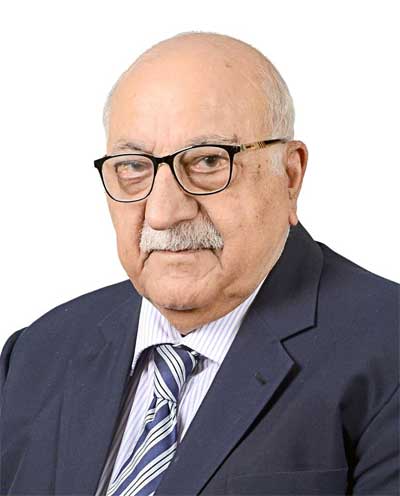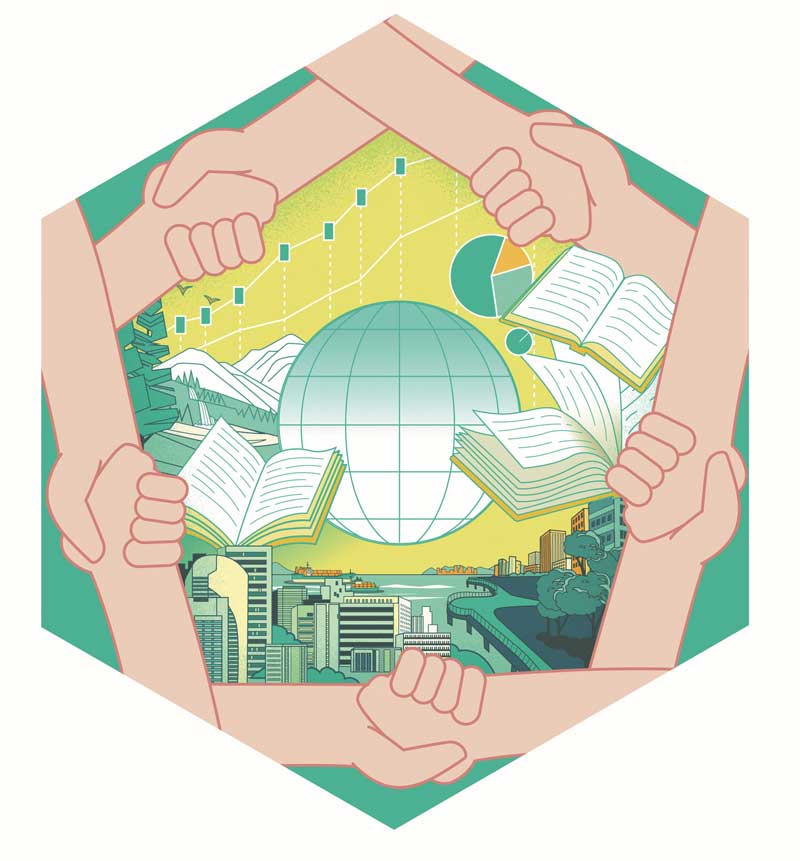Deng Xiaoping is considered to be the most powerful and influential leader in China from the late 1970s until his death in 1997. Being the most powerful and significant leader of the People’s Republic of China, he commanded and led many of the alteration in China which led to an increase as well as rapid growth in terms of the economy along with increasing the alliances with the global economy and increasing the standards of the living focusing more onto the expansion of the cultural as well as individual freedoms. He set up a train of transformation for China leading towards the economic progression by announcing the opening-up and reform policy in the year 1978. Before this, the main trading associates of China were neighbors and the USSR. He understood and realized that it was necessary for his nation to open up towards the west i.e., the investments and the technological equipment from the west, and further opening-up and reform of the nation to the international businesses who were at that time willing to work in China. From the period of 1980’s it is in the records that, this particular period of the Chinese economy has been recorded as the fastest growth of the economy of China in the global history. In the initial stages four economic zones were created and recognized in the southern part of China with the incentives of tax in order to appeal the international businesses and capitals, particularly the ones which came from abroad. In the year 2001, one of the largest organizations which sets up the rules and regulations for the global economy i.e., the World Trade Organization, China joined it hoping it that being its member would further ensure the market-oriented economic structure of China as well as it reformation so that it would continue its path to flourish.
He engineered many essential reforms in most of the aspects of economic, social and political in China. The most prominent and noteworthy was planning of the long run with rationality, the institute of the decentralized economic executive, reinforcement and solidification of the trade of China as well as the cultural connections onto the western side and permitting the international investments into the enterprises of China. In order to remain encouraged towards the objectives, the citizens did not receive the material advantages only but they also perceived the sense of social progression leading towards the eradication of poverty. As Deng Xiaoping said that “There is no solution for us except for the economic reforms”.
In his leadership, a sudden growth of the economy of China was acquired and an increase in the associations with the economies of the world was observed. Deng Xiaoping was relying onto the mechanisms of the free market at the same time in order to transform China to make it a developed nation. Deng was considered to be the member of the most influential committee of Political Bureau retaining the control of the army by feature of him being the chairman of the Communist Party of China’s Central Military Commission. He also used to be the vice chairman of the Communist Party of China, owning his posts and because of the authority in the party he continued to be the policy maker throughout in the years of 1980s in China.
The outcomes of the opening-up towards west as well as reforms along with a greater association with the global nations, China has gone through an extraordinary time of social and the economic progression in the world history. As Jim Kim who was the President of the World Bank Organization stated that the growth of China per capital income has increased approximately 25 folds, and approximately more than 800M people in China have been taken out from poverty as a result to the policies taken by Deng Xiaoping which makes up more than the 70% of the poverty reduction in total globally. Now, in this era China is considered to be one of the leading economies in the global terms along with the incredible and remarkable political influence in the world.
Deng enthusiastically was keen to help the economy of China embracing a complete set of objectives recognized as the four modernizations i.e., known for their progression in the fields of science and technology, agriculture, defense and industry. The program of economic reforms was launched ambitiously by Deng Xiaoping firstly by eliminating the communes and leasing up the lands to the farmers individually. With the strategies of Deng, the production of the food increased up to almost 50% in the years from 1978 till 1984. The programs which were launched were further extended to the industries, where a number of private businesses started to function which resulted in more freedom of setting of aims when it comes to production by the private managers. So, all of this brought changes into the lives of the Chinese nation. As there was an increase in the income of the Chinese, the consumption of the appliances such as televisions increased as well as the western elements started to get in the nation such as clothes or western music.
The series of reforms have led China to rise as an emerging power in the global arena shifting and changing the dynamics of the geopolitics. Further challenges include pollution and corruption etc. but under the dynamic leadership of President Xi Jinping China is likely to overcome them as well.
Role of Deng Xiaoping in China’s Growth




